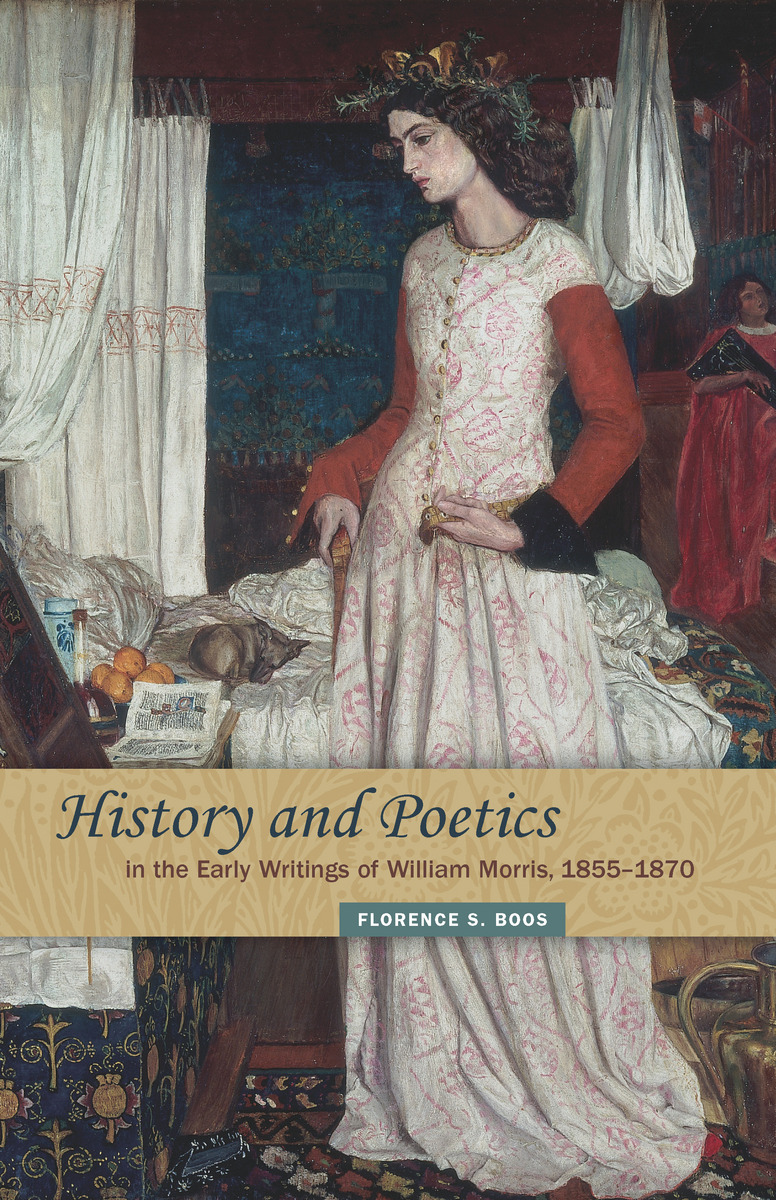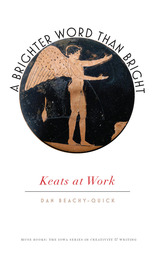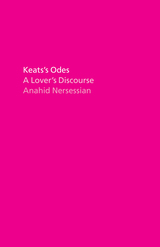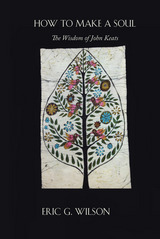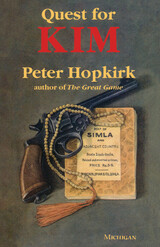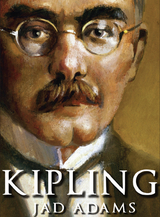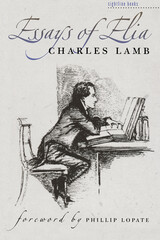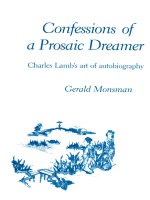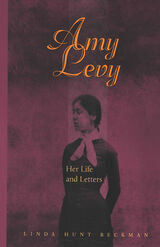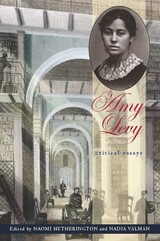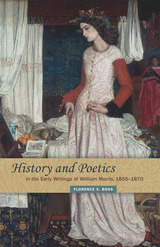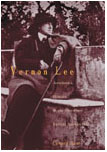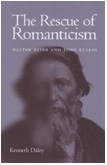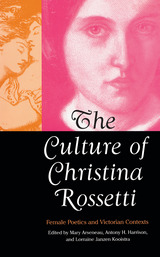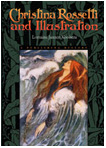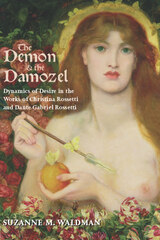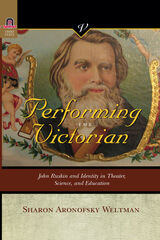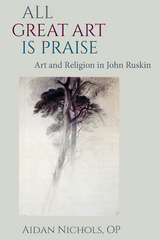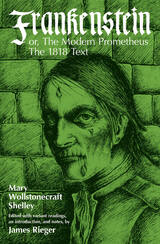History and Poetics in the Early Writings of William Morris, 1855–1870
The Ohio State University Press, 2015
Cloth: 978-0-8142-1289-9 | eISBN: 978-0-8142-7497-2 (individual) | eISBN: 978-0-8142-7391-3 (institutional)
Library of Congress Classification PR5084.B66 2015
Dewey Decimal Classification 821.8
Cloth: 978-0-8142-1289-9 | eISBN: 978-0-8142-7497-2 (individual) | eISBN: 978-0-8142-7391-3 (institutional)
Library of Congress Classification PR5084.B66 2015
Dewey Decimal Classification 821.8
ABOUT THIS BOOK | AUTHOR BIOGRAPHY | REVIEWS | TOC
ABOUT THIS BOOK
Florence S. Boos’s History and Poetics in the Early Writings of William Morris, 1855–1870 examines Morris’s literary development in the context of his Victorian contemporaries, probing the cross-influences of temperament, cultural ambiance, early reader reactions, and his restless search for an authentic poetic voice. Boos argues that to understand this development, we must understand how Morris reinterpreted and transformed medieval history and legend into modern guise. In doing so, Morris preserved a duality of privacy and detachment—the intimacy of personal lyrics and the detachment (and silences) of historical judgment.
Boos’s study is the first to utilize surviving original manuscripts, periodical publications, and poems unpublished during Morris’s lifetime. History and Poetics in the Early Writings of William Morris, 1855–1870traces Morris’s literary evolution through his juvenile poems; the essays, poems, and prose romances of the Oxford and CambridgeMagazine; the startlingly original verses of The Defence of Guenevere; and the ten years of experimentation that preceded his two best-known epics, The Life and Deathof Jason and The Earthly Paradise. This book explores the young poet’s successive efforts to find a balancing ethical framework through poetry—a framework that was at once a motivation for action and a template for authentic, shared popular art, one that reemerges forcefully in his later work.
Boos’s study is the first to utilize surviving original manuscripts, periodical publications, and poems unpublished during Morris’s lifetime. History and Poetics in the Early Writings of William Morris, 1855–1870traces Morris’s literary evolution through his juvenile poems; the essays, poems, and prose romances of the Oxford and CambridgeMagazine; the startlingly original verses of The Defence of Guenevere; and the ten years of experimentation that preceded his two best-known epics, The Life and Deathof Jason and The Earthly Paradise. This book explores the young poet’s successive efforts to find a balancing ethical framework through poetry—a framework that was at once a motivation for action and a template for authentic, shared popular art, one that reemerges forcefully in his later work.
See other books on: 1834-1896 | 1855 - 1870 | Early Writings | Morris, William | William Morris
See other titles from The Ohio State University Press
